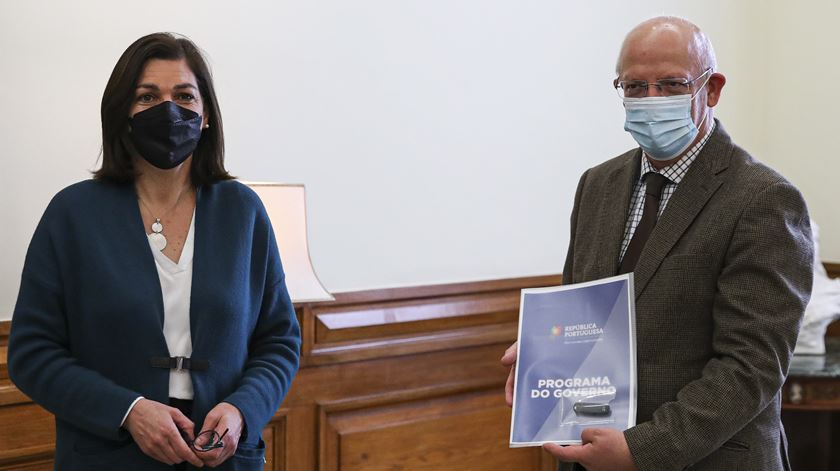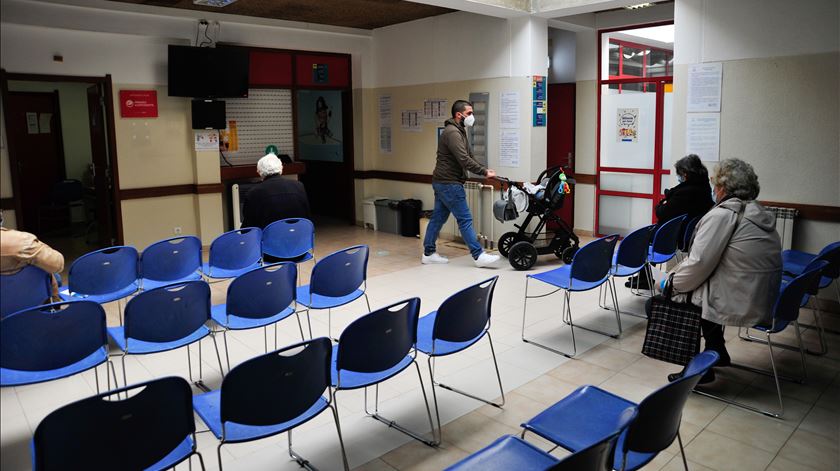Building on the preparatory work already undertaken by the independent commission appointed for this purpose, the government wants to put in place this law with the aim of “qualifying and strengthening the legal framework that supports prevention, control and mitigation measures enacted by the health authorities,” refers to the government’s programme, which was approved on Thursday by the Cabinet.
In order to provide an adequate response to the covid-19 pandemic, the government has issued an emergency decree designed for other types of situations such as coups or serious disturbances in the public order, after also resorting to the Civil Protection Act to issue a disaster, emergency or state of alert decision.
The government states that the National Health Service (SNS) responded to the additional difficulties caused by the pandemic “by assuring its capacity for reorganization and innovation, secured by strengthening the human, financial, material and infrastructure resources at its disposal, allowing us to respond to the emergency, implement the vaccination campaign and restore activity.” The remaining assistance is gradual.”

He stresses that the challenges now ahead require that SNS continue to be able to adapt to new conditions, reform itself structurally, maintain its project to promote health and prevent disease and treat all citizens, when necessary, and ensure integration in response to all needs.
In order to respond “appropriately to new challenges”, the government intends to promote the principle of “health in all policies”, with cross-sectional interventions aimed at improving the social determinants of health, in particular through continued investment in the Healthy Neighborhoods programme, which aims to revitalize local interventions to promote health and quality of life in regional communities.
It also wishes to ensure that all children are covered with visual and hearing health screenings, promote access for children and adolescents to school health activities, prioritize children in vulnerable situations, as well as make population-based cancer screenings available to all eligible residents. and diabetic retinopathy.

A new paradigm for organizing responses to addictive and addictive behaviors and “improving the organization and articulation of public health services, creating mechanisms for greater integration of social networking structures, civil protection, the social sector and civil society actors through direct and indirect health intervention” are other measures presented. .
For the Executive, “investment in social networking services is a guarantee of a more close, equitable and integrated health policy, ensuring universal coverage and responsiveness to the health needs of the Portuguese, while providing financial protection from the costs of illness, without disbursement. In necessary coordination with the private and social sectors.”
“The new SNS platform, along with the expected investments and reforms in PRR [Programa de Recuperação e Resiliência]It will contribute the necessary tools to effect an effective change in social networks,” the document emphasizes.

